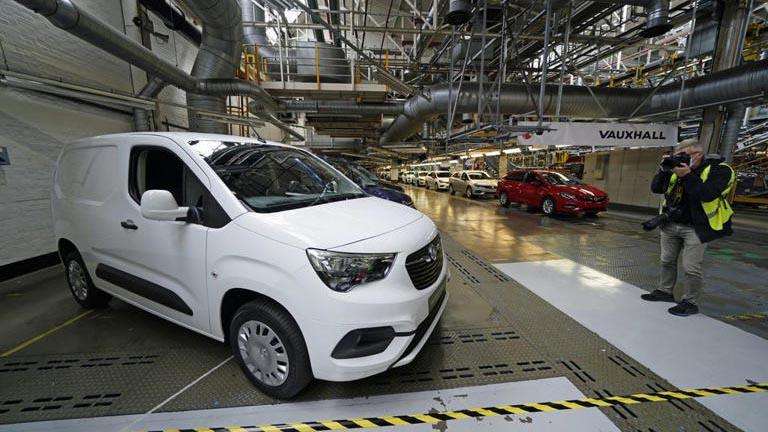Due to fleets' inability to reserve time, a major automotive association has sought for an official postponement of MOT tests for specific electric vehicles.
4.25-ton electric vans are "impossible" to acquire a MOT test, according to the Association of Fleet Operators (AFP), which has brought attention to the problem.
Vans of this weight are subject to a more thorough examination and must be inspected at one year instead of three since, for MOT test purposes, they are deemed heavy goods vehicles.
Aaron Powell, director of fleet and logistics at Speedy Hire, is one owner who might be impacted by the MOT problems and has issued a warning that he might have to remove some of his vehicles from service.
He said: "These 4.25-tonne vans require a Class 7 HGV MOT test and, between generally poor capacity for HGV testing and few test centres being able to handle electric vehicles, we're finding it impossible on a practical level to book tests.
"Our lease provider has spent the last three months trying to find garages with the ability to carry out the pre-testing and source available slots for the test with limited success."
Powell warned that the difficulty in getting an MOT test for his electric HGVs will have a "serious impact" on his business.
He suggested that the vehicles would need to be taken off the road, alongside many other companies who could find themselves in a similar situation.
The Department for Transport launched a consultation in December which aimed to look at whether to move zero emission goods vehicles with a maximum authorised mass (MAM) of 3.5 tonnes to 4.25 tonnes from HGB testing into the class 7 MOT testing system.
It suggested that this would reduce the costs and administrative burdens currently experienced by fleet operators of these vehicles.
The proposals state that there are a higher number of available testing locations, meaning a lower average drive time to the location and lower risks of delays in obtaining a test booking.
Drivers or operators of vehicles which do not have a valid MOT could face a fine of £1,000 if it is not roadworthy as they could be putting themselves and others at risk.
Lorna McAtear, vice chair at the AFP, said the organisation understood the concerns around vehicles needing to be safe for the road and requiring an MOT.
She added: "However, it’s questionable whether 4.25-tonne electric vans require HGV tests, an argument we have been making to Government for some time.
"The whole point of this category of van when it was introduced in 2019 was to provide easy access for fleets to an electric equivalent of a 3.5-tonne panel van. These vehicles are simply 3.5-tonne vans with bigger batteries."
She acknowledged that the situation was being "resolved", but called on the Government and other key players in the sector to introduce "some form of dispensation", similar to those seen during the pandemic.
McAtear suggested that fleets should be able to defer tests for a period of six or 12 months on 4.25-tonne vehicles for the first and second years of testing to allow more time to find testing facilities.
She added: "As a result of discussions between the Office for Zero Emissions, Driver Vehicle Standards Authority and Department for Transport, the operation of these vans on a practical level is often difficult for fleets due to confusion over whether they have been deregulated from all of the operator responsibilities that normally apply to vans over 3.5 tonnes.
"The Government is aware of this and is trying to resolve the situation through the current consultation because there remains a widespread belief that the 4.25-tonne concept remains worth pursuing as a means of speeding up van electrification. However, this process is taking time."




_2.jpg)



.svg)


